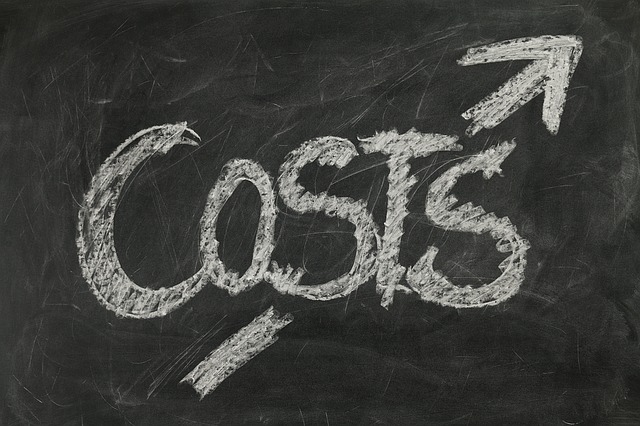What is a Finance Charge?
Many consumers pay a small fortune in banking and credit card fees. If you are not careful, you can break the bank just by borrowing money. Here are some of the things you need to know about the cost of credit.
A finance charge is a charge placed on your account if you fail to make your payments on time. It may also include interest charges and other fees that lenders charge borrowers, depending on the type of loan they choose. Credit cards also have finance charges if you fail to make your monthly payments on time. These charges can slowly add up and affect the balance in your bank account. Each time your statement arrives, you are given a grace period before you must pay your bill.
A loan finance charge is the total amount of interest and loan charges a borrower would pay over the lifetime of a loan. This means that the borrower would keep the loans through the full term until the very last payment is made, including pre-paid loan charges.
When applying for a credit card, the issuer should define the finance charges and discuss the terms and conditions with you before you decide to move forward with the process. They may use a finance charge calculator to estimate the payments and fees. There are a few ways to determine your finance charge:

Daily balance: The issuer will calculate the balance you have carried every day of your billing cycle. Each day, the balance is multiplied by 1/365th of your APR to find the daily finance charge, then added together to result in your total charge for the billing period.
Previous balance: This method allows charges to be carried over from the previous billing cycle to the new one, or to the outstanding balance at the beginning of the payment cycle.
How To Avoid a Finance Charge
The simplest way to avoid interest on your card is to pay off your bill fully and on time each month. As long as you are making your monthly payments on time, you may not have interest on your credit card bill. That will not be true if you choose to pay the minimum amount on your balance.
There are other types of finance charges, such as late fees and balance transfer fees. These charges are more difficult to avoid, and you are better off paying your bills in full than having to deal with additional expenses on your account.
Some credit cards have a zero percent introductory interest rate to draw in new customers who want to avoid a high-interest rate balance from competing for credit cards. During the introductory period, you will not receive a finance charge, even if you do not pay your bill in full. However, once the promotion period ends, any remaining balance on your account will begin to accrue at the regular APR.
Tips To Deal With Financial Stress
Money can lead to happiness, but its absence causes stress. Stress can come from being in debt, not having a stable enough income, or being unable to deal with the daily expenses of life. There are a few steps you can take to reduce your worries about your finances and take control of your life.
- Create a Budget: A budget helps you map out what your expenses look like, and how much you are making every month. It can be challenging, in the beginning, to spend within your means and manage your bank account, but it will ultimately benefit you in the long run. You may even be able to put any extra money you have towards your debt. All in all, budgeting is a smart and efficient way to save money and take control of your finances. Also, for budgeting purposes, you can use budgeting applications on your smartphone.
- Have an Emergency Fund: Having a back-up plan is always a good idea in case you suddenly find yourself in a financial crisis. It can relieve you in times of stress, especially if you are in immediate need of money. In the case of a car accident, for example, you could use your emergency fund to pay the damages or hire an accident attorney, if necessary.
- Speak with a Financial Advisor: If you cannot handle your monthly expenses, it may be best to turn to a financial planner or credit counseling service to get the help you need. You may even want to look into classes on money management and investment and find a plan that works best for you. Credit counseling can help you with any debt you may have.
- Find Out What Your Costs Are and What You Can Change: You may have a problem with spending too much or not making enough, or both. Finding the root of your problem is the first step to assessing your situation and knowing the next steps.
- Track Your Expenses: Track your progress to see how much you’re spending and how much you are saving. This will help motivate you and encourage you to continue with your financial goals and budgeting.
Coping with financial stress can be difficult. It is essential to keep a budget, manage your bank account, and make your monthly payments in full in order to avoid a finance charge. You can create extra sources of income by freelancing or taking on a part-time job. Consulting with a financial advisor can provide guidance and help restructure your budget, so you are spending and saving correctly. There are multiple ways to reduce financial stress and find balance in your life again; it starts with you and how you approach the situation.





